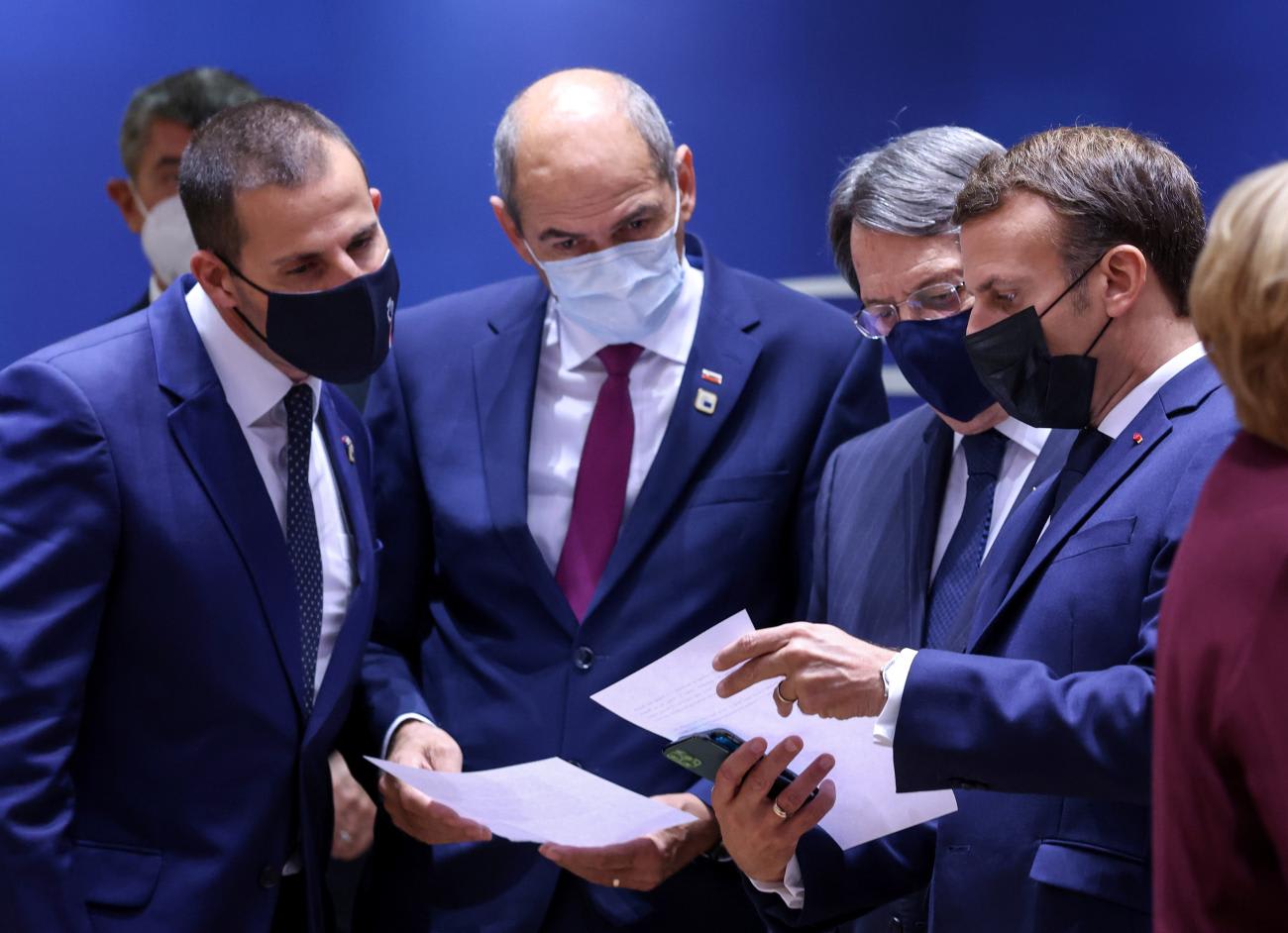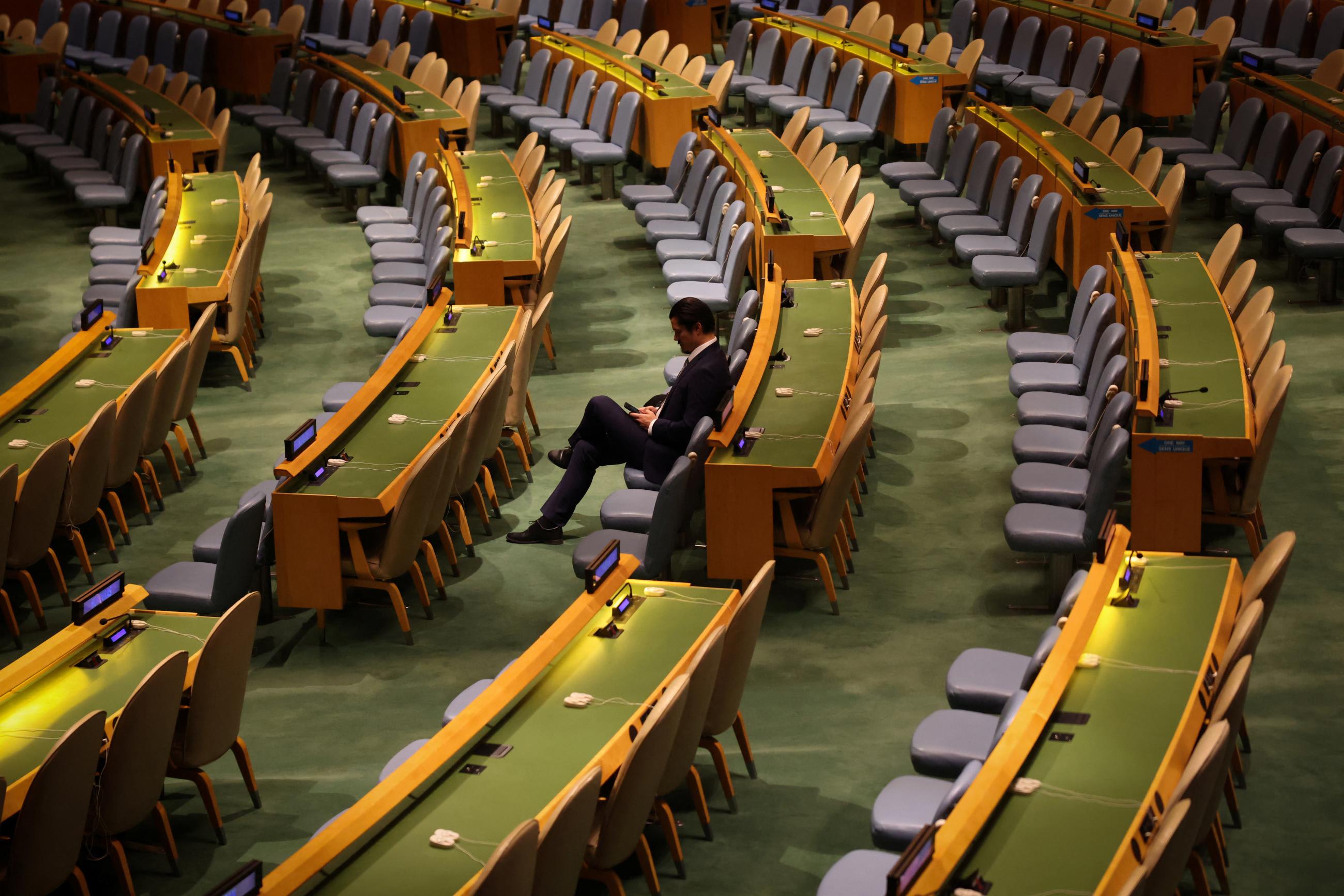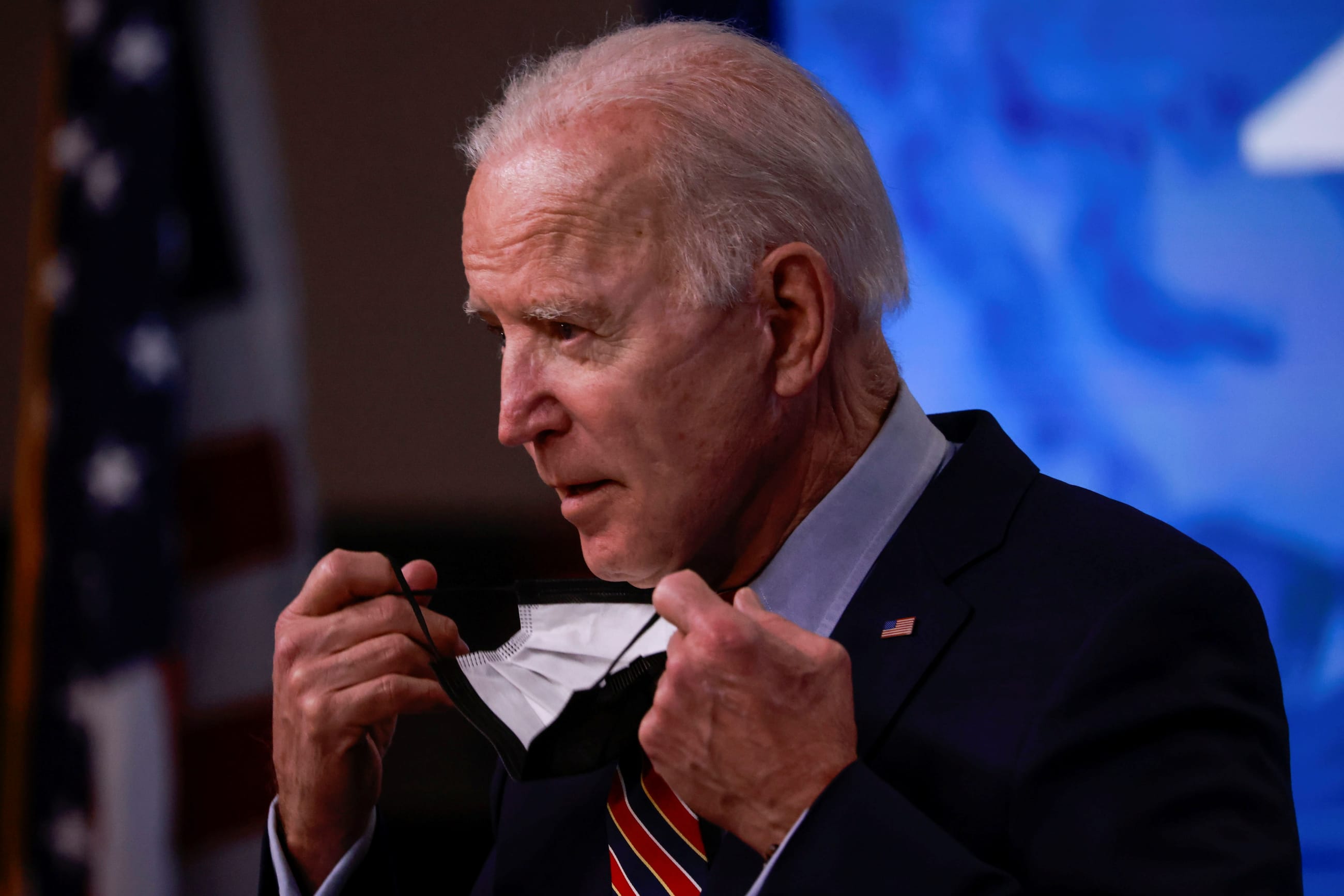After months of devastating heat waves, wildfires, floods, and storms across much of the globe, it has become easy to forget about the other deadly threat that recently dominated the public consciousness: COVID-19. Pandemic amnesia has taken hold, even as COVID cases rise again, and the pandemic's economic, societal, and health ripple effects continue to be felt, especially in the most vulnerable communities. As people adapt to living with COVID as a lower-level, endemic threat, it is time to reignite efforts to strengthen collective defenses against the next infectious disease threat― whether it be a new COVID variant or a novel pathogen―which experts predict is inevitable and could be far deadlier.
When COVID was considered an active crisis, world leaders took significant steps to bolster the global architecture for pandemic prevention, preparedness, and response (PPR). Chief among these were the creation of the ACT-Accelerator to coordinate the global emergency response and pave the way for a more permanent medical countermeasures platform; launch of the International Negotiating Body (INB) for a Pandemic Accord, as well as a working group to consider amendments to the International Health Regulations to improve global cooperation in the face of health security threats; and establishment of the Pandemic Fund to help low- and middle-income countries (LMICs) strengthen their PPR capacity. The Group of Seven (G7), Group of Twenty (G20), World Health Assembly, and other global summits propelled these and other commitments to increase pandemic readiness. All these initiatives hold promise, yet none is close to being fully realized. Now that COVID is no longer deemed an emergency―and other global crises such as climate, the war in Ukraine, and food security dominate the news―high-level attention and resolve around pandemic PPR has waned sharply, putting communities across the world at heightened risk. As World Health Organization Director-General Tedros Adhanom Ghebreyesus stressed, "COVID continues to leave deep scars on our world . . . a permanent reminder of the potential for new viruses to emerge, with devastating consequences."
COVID continues to leave deep scars on our world…a permanent reminder of the potential for new viruses to emerge, with devastating consequences
Tedros Adhanom Ghebreyesus, Director-General, WHO
Next week, on September 20, at the United Nations General Assembly (UNGA), political leaders have another chance to reclaim the urgency and resolve to prevent the next pandemic crisis. The first-ever UN High-Level Meeting on Pandemic PPR is an opportunity for leaders to kick off a year of concerted action on the legal and structural reforms, systems, financing, and accountability necessary for a more pandemic-resilient world. Critically, this meeting is with heads of state and foreign ministers as well as with health ministers, a nod to the harsh lessons of COVID that pandemics harm every sector of the economy and require political leadership from the highest levels and a whole-of-government response.
Unfortunately, the final draft of the meeting's outcome political declaration—a lengthy, lowest-common-denominator document forged by UN member state consensus―is hardly a clear or rousing roadmap for decisive action. Instead, it is a veritable Christmas tree of things to fix in global health more broadly and mostly admires the problems with few concrete commitments. Leaders, though, can choose to go beyond the declaration text and use the meeting to reelevate and sustain pandemic PPR on their must-do agenda for action. Political leaders take it for granted that they need to maintain vigilance and invest in military readiness in peacetime to prepare for the next possible terrorist attack or armed conflict, whenever or wherever it may materialize; those leaders should adopt the same alert, national security mindset when it comes to pandemic threats. More than one hundred organizations from around the world signed an open letter this week urging leaders at UNGA to seize this moment to protect humanity from another pandemic crisis.

The wide range of issues highlighted in the meeting declaration are all important. Most importantly, though, leaders should follow through on the big-ticket reforms they have already started that offer the greatest potential for impact to make the world safer from pandemics. World leaders should prioritize the following three actions items to complete within the next year:
Fully and sustainably resource the Pandemic Fund. In its first year, the Pandemic Fund mobilized pledges of about $2 billion from twenty-five investors and awarded a first round of funding totaling $338 million to thirty-seven countries, which, in turn is expected to mobilize an additional $2 billion in cofinancing. This is a good start, but still a far cry from what is required to address what finance experts have called "a dangerously underfunded" global system for pandemic PPR. Initial LMIC requests for support from the Pandemic Fund far exceed the available funding. The fund has set a $10.5 billion annual global funding target to close the gap, and now, world leaders need to follow through with the challenge of raising this amount by the end of 2024. This in turn, will generate more political momentum for action on pandemic PPR at every level. The U.S. government currently leads the pack with $700 million committed to date. Congress should approve at least the additional $500 million requested by the Joe Biden administration for fiscal year 2024, and President Biden himself should marshal a global coalition of other heads of state and government, philanthropies, and private-sector investors to step up and close the rest of the funding gap. Leaders should also ensure that pandemic preparedness is prioritized for new financing from the International Monetary Fund, World Bank Group, and other multilateral development banks as they evolve and extend their lending capacity to address emerging global challenges.
The final draft of the meeting's outcome political declaration is hardly a clear or rousing roadmap for decisive action
Agree on a Pandemic Accord and IHR amendments. The draft accord has the potential to bolster pandemic PPR in several ways, namely, to enhance the global standards, obligations, and incentives for how countries surveil, share data, tools, and resources, and to cooperate in a health emergency to protect everyone. Together with the proposed IHR amendments, implementation of a robust new accord could make the difference between localized outbreaks that are swiftly snuffed out at their source and a fast-moving global crisis that kills tens of millions and shuts down economies. An accord will only drive change, however, if it includes measures to enable and enforce compliance and accountability. Necessary elements for success will be an independent monitoring framework, an annual, leader-level meeting of the Conference of Parties—as occurs with climate change―and, again, additional financing. The World Health Assembly has set a deadline of May 2024 to reach agreements on both processes, which are currently in the messy middle of negotiations. Many countries have signaled their desire to slow down the timeline and are pushing to water down (or in some cases, harden) the provisions. Further delay could jettison a landmark global agreement for years.
Stand up and resource a global pandemic countermeasures mechanism. The failure of the international community to provide timely universal access to COVID vaccines, tests, treatments, and other lifesaving tools has been subject to extensive review. Even though stakeholders continue to debate the specific parameters, consensus is broad on the need to apply those lessons and establish a permanent, yet agile, global coordination mechanism that promotes equitable access and delivery, prioritizes the most vulnerable communities, and is linked to reliable and sufficient surge financing ready to trigger at the onset of a crisis. The Pandemic Accord can set out the expectations and obligations, but an implementation platform needs to be in place to operationalize it. The so-called Johannesburg process, a multistakeholder dialogue led by South Africa and Norway as the former co-chairs of the ACT-A Facilitation Council, seeks to reach agreement on an interim platform should a pandemic strike before the Pandemic Accord and IHR reforms conclude. Although far from perfect, the process has been a good faith effort at multistakeholder engagement with action-oriented ambitions, such as to promote distributed research, development, and manufacturing of countermeasures in regions with disproportionate barriers to access, such as sub-Saharan Africa. In parallel, the G7 and G20 have recently advanced ideas for a new surge response financing framework. Together, these efforts offer the best hope for near-term action if leaders can coalesce.
The coming year is a make-or-break political window to strengthen pandemic PPR. The longer leaders wait, the more public memories of the COVID pandemic will fade, other priorities will divert public resources, and political transitions may endanger global cooperation. No one wants to repeat the experience of the COVID pandemic and recent polling suggests that citizens expect government to be better prepared the next time. Political leaders should take heed and finish the job on the major pandemic PPR reforms they have started before it is too late.













